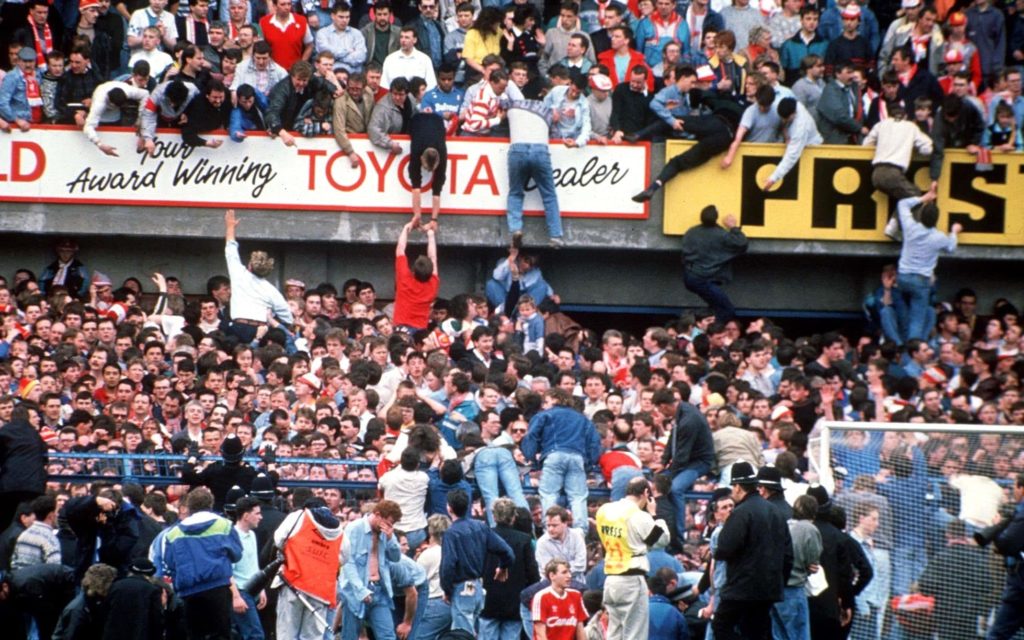A failed state

This jeremiad from George Packer in the Atlantic is, unfortunately, not hyperbolic, but rather a sober assessment of the dire state of America in 2020. Here are a couple of quotes, but the whole thing is well worth your time:
Donald Trump saw the crisis almost entirely in personal and political terms. Fearing for his reelection, he declared the coronavirus pandemic a war, and himself a wartime president. But the leader he brings to mind is Marshal Philippe Pétain, the French general who, in 1940, signed an armistice with Germany after its rout of French defenses, then formed the pro-Nazi Vichy regime. Like Pétain, Trump collaborated with the invader and abandoned his country to a prolonged disaster. And, like France in 1940, America in 2020 has stunned itself with a collapse that’s larger and deeper than one miserable leader. Some future autopsy of the pandemic might be called Strange Defeat, after the historian and Resistance fighter Marc Bloch’s contemporaneous study of the fall of France. Despite countless examples around the U.S. of individual courage and sacrifice, the failure is national. And it should force a question that most Americans have never had to ask: Do we trust our leaders and one another enough to summon a collective response to a mortal threat? Are we still capable of self-government?
Trump came to power as the repudiation of the Republican establishment. But the conservative political class and the new leader soon reached an understanding. Whatever their differences on issues like trade and immigration, they shared a basic goal: to strip-mine public assets for the benefit of private interests. Republican politicians and donors who wanted government to do as little as possible for the common good could live happily with a regime that barely knew how to govern at all, and they made themselves Trump’s footmen.
Like a wanton boy throwing matches in a parched field, Trump began to immolate what was left of national civic life. He never even pretended to be president of the whole country, but pitted us against one another along lines of race, sex, religion, citizenship, education, region, and—every day of his presidency—political party. His main tool of governance was to lie. A third of the country locked itself in a hall of mirrors that it believed to be reality; a third drove itself mad with the effort to hold on to the idea of knowable truth; and a third gave up even trying.
We now have two categories of work: essential and nonessential. Who have the essential workers turned out to be? Mostly people in low-paying jobs that require their physical presence and put their health directly at risk: warehouse workers, shelf-stockers, Instacart shoppers, delivery drivers, municipal employees, hospital staffers, home health aides, long-haul truckers. Doctors and nurses are the pandemic’s combat heroes, but the supermarket cashier with her bottle of sanitizer and the UPS driver with his latex gloves are the supply and logistics troops who keep the frontline forces intact. In a smartphone economy that hides whole classes of human beings, we’re learning where our food and goods come from, who keeps us alive. An order of organic baby arugula on AmazonFresh is cheap and arrives overnight in part because the people who grow it, sort it, pack it, and deliver it have to keep working while sick. For most service workers, sick leave turns out to be an impossible luxury. It’s worth asking if we would accept a higher price and slower delivery so that they could stay home.
An economy based on ruthless profit maximization by the owners of capital at the expense of all other social values decrees that workers must be vulnerable at all times to the whims of just in time supply chains, increasingly precarious conditions of employment — aka the “gig economy” — minimal or non-existent job benefits, and, most crucially, a shredded or imaginary social safety net, so that the whip of the ownership class can be wielded with terrifying effectiveness on tens of millions of people who are always only a paycheck or two away from immiseration.
America is a house of cards, and a strong breeze has, inevitably, begun to blow.
All this reminds me of a passage from Nick Hornby’s Fever Pitch. Writing about the Hillsborough disaster, in which nearly 100 soccer fans were killed in a human crush in 1989. Hornby recalls how he, too, had on several occasions found himself unable to move, and even struggling to breathe, while part of an enormous crowd trying to get into one of England’s crumbling old soccer grounds. He remembers one time in particular, when, gasping for air, he noticed that a mounted policeman was astride his horse less than twenty feet away, showing no concern whatever about the situation.
At the time, the sight gave him a certain comfort that the authorities knew what they were doing, that they were in control, and that surely they had a plan if things began to get really dangerous.
Now, he writes, he realizes that there never was any plan. Everyone — the police, the government, the team owners, and most of all the fans — had simply be riding their luck all this time. And now their luck had run out.


